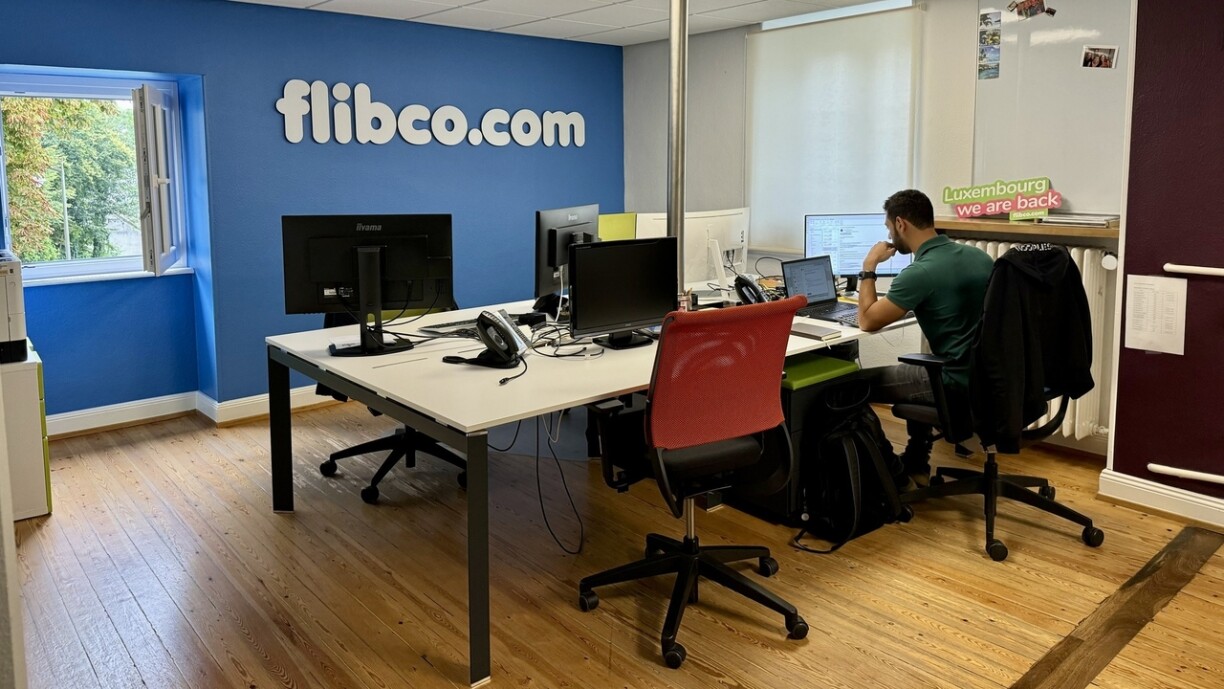
While the concept of a four-day work week continues to gain traction, certain businesses in Luxembourg have already moved forward with reduced working hours.
Flibco, a company primarily known for its airport transfer services but also active in marketing, network planning, administration, customer service, and development, has been developing this initiative for the past four years. As of last year, its employees now work a 32-hour week.
In an interview with our colleagues from RTL Radio, Flibco CEO Tobias Stüber described the shift to a four-day work week as part of a broader strategy. According to Stüber, the company’s new approach emphasises achieving goals rather than merely tracking time. He also highlighted the need for changes in management and hiring practices to accommodate this model. Stüber acknowledged some challenges, including the need to “remind” employees that work remains a priority, but said the company is rather satisfied with the results so far.
Flibco has reported a 48% increase in revenue and a 69% boost in productivity since the new work week was implemented. Absenteeism due to sick leave has fallen to just 1%, with employees averaging less than one full day of sick leave per year. When our colleagues visited the office on a Wednesday, few employees were present, as Monday is the designated “office day” when all staff are required to come in. The remaining workdays are flexible, allowing employees to choose their day off or split their time into two half-days.
Stüber explained that employees are generally mindful of ensuring that company operations remain unaffected. The additional free time has motivated staff to seek out efficient solutions that streamline processes and save the company time. Stüber framed the arrangement as a matter of “give and take.”
Flibco’s employees also share positive views about the reduced working hours. Jonathan Wauthier, who has worked at the company for seven years, is in a good position to compare the current setup with the pre-32-hour week environment. He recalls that the COVID-19 pandemic accelerated digitalisation at the company, coinciding with the arrival of a new CEO. Gradually, working hours became more flexible, leading to the full transition to a four-day work week a year ago.
Wauthier admitted that the first two months brought extra work, but today, he says he would never go back to the old system. He personally has chosen to be available around the clock for emergencies in exchange for the additional free time. However, emergencies rarely occur, he added. Wauthier also noted that after a day off midweek, he returns to work feeling recharged.
Jonathan Carnevale, who has been with Flibco for two years, echoed this sentiment. Initially, he was unsure how collaboration between colleagues would function with one fewer working day. However, he soon realised that it was simply a matter of organisation. Meetings are scheduled on Mondays when everyone is in the office. Carnevale, who also works as a national-level basketball referee in Belgium, appreciates the flexibility the schedule offers. He explained that the reduced work week allows him to balance his hobby and his job more easily.
Carnevale stressed that delivering the company’s expected results comes down to effective planning, but employees are motivated to meet those expectations. Thanks to the 32-hour week, he feels less stressed and more relaxed, with more time for personal development and a better balance between work and private life.
Although Flibco’s headquarters in Differdange employs just 16 people, the company has over 100 staff members, including 35 in Belgium, 35 in Italy, and 25 developers scattered across Europe. Flibco plans to introduce the 32-hour work week in its Belgium office starting 1 October.